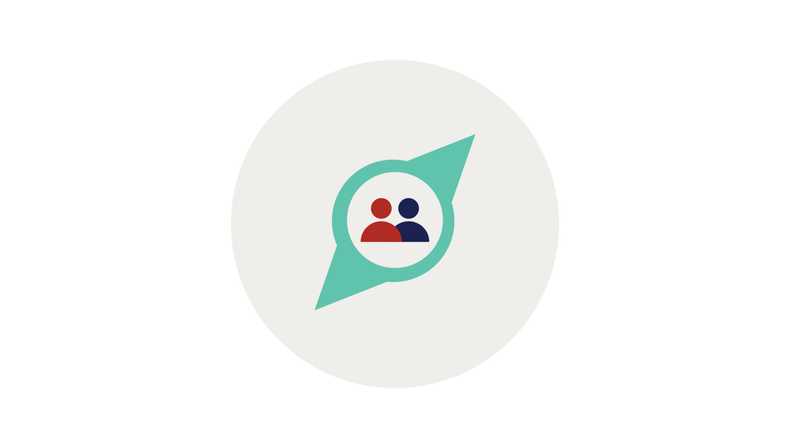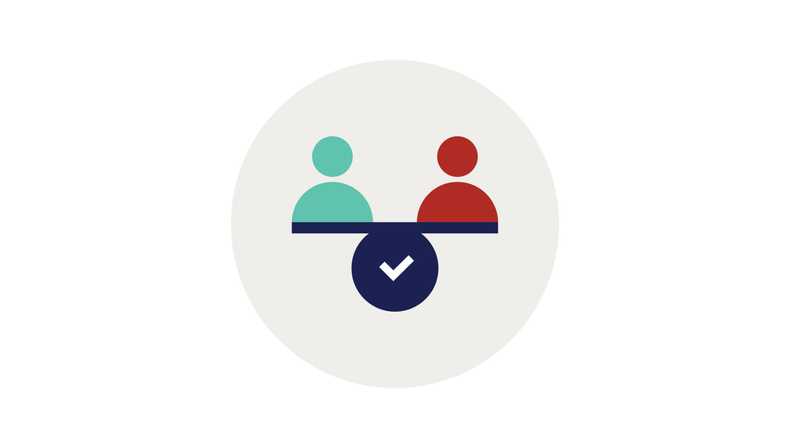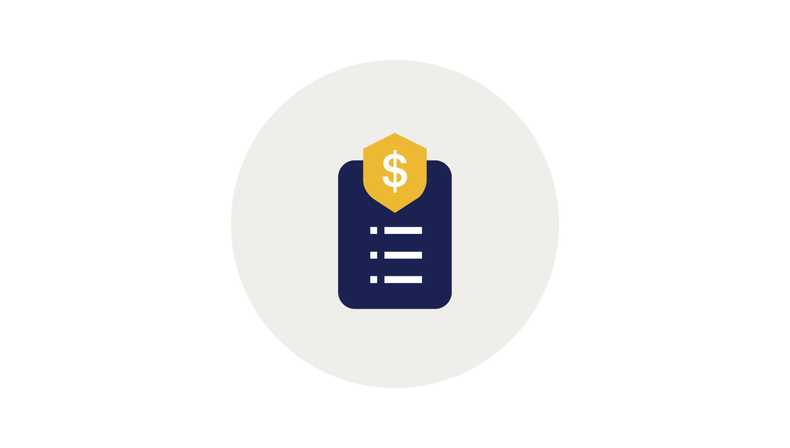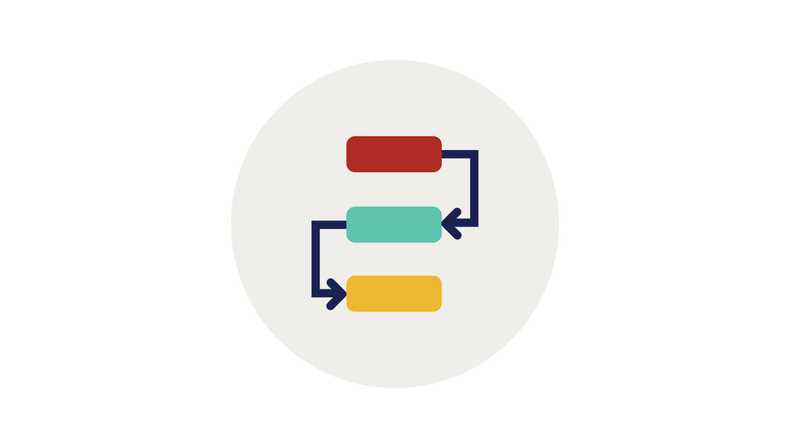Pay equality toolkit: Ensure equitable access to professional development
Research shows that the advancement of women to senior positions in the workforce is an important driver of gender pay equality. Equitable access to professional development is a critical foundation for employees to advance their careers and be paid fairly.

Why is professional development important to pay equality?
The Gender Equity Insights series is an annual report undertaken by the Bankwest Curtin Economics Centre in partnership with the Workplace Gender Equality Agency. It identifies trends, policies and practices that work to address gender inequality in the workplace.
This research shows that the advancement of women to senior positions in the workforce is an important driver of gender pay equality.
How does equitable access for my employees to professional development benefit my business?
- Addressing small business challenges: The Commission’s research suggests a commitment to developing employees’ professional knowledge, skills and experience assists with challenges like attracting and retaining staff. Professional development shows that you value employee’s contributions and are invested in their careers, leading to higher job satisfaction and loyalty.
- Creating non-discriminatory progression pathways: Equitable access to professional development ensures that all employees, regardless of their background or current role, have the opportunity to acquire new skills, knowledge and experience. This helps you comply with Victoria’s Equal Opportunity Act (2010) that prohibits workplace discrimination.
- Supporting pay equality: Equitable access to development opportunities fosters a culture of fairness and inclusivity which is essential for pay equality. It demonstrates that your organisation is committed to the growth of all employees, which can enhance team morale, collaboration, and overall workplace atmosphere.
What steps can I take to improve access to equitable professional development in my organisation?
In developing strategies for improving equitable professional development, it is important to identify and understand the context and practices in your organisation that can be barriers to promotion.
These can include:
- A lack of a formal structure for performance reviews and professional development where access to opportunities such as secondments, stretch assignments, progression and learning is not equally available, formalised and/or accessible to all.
- Few opportunities to progress to senior roles as promotional pathways are not often hierarchical
- Societal stereotypes – e.g. a higher proportion of women in administrative roles and men in leadership roles
- Limited flexibility and support for working parents or carers.





